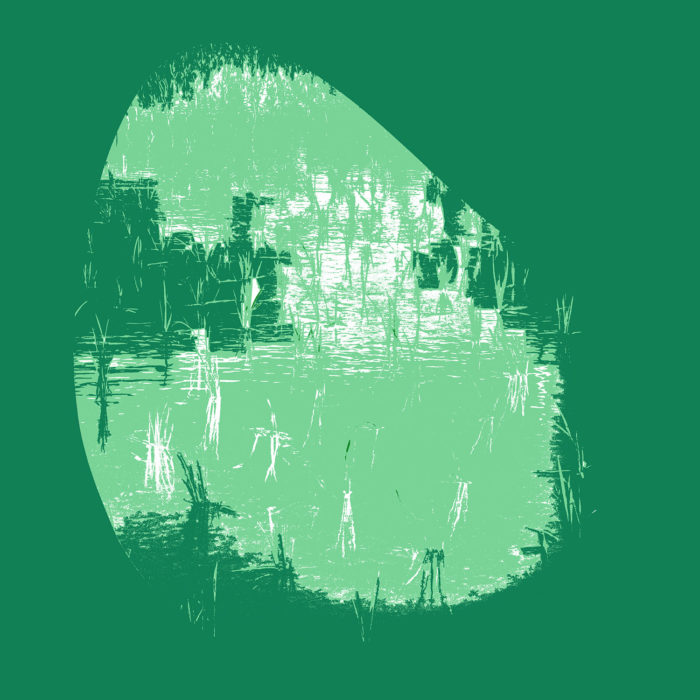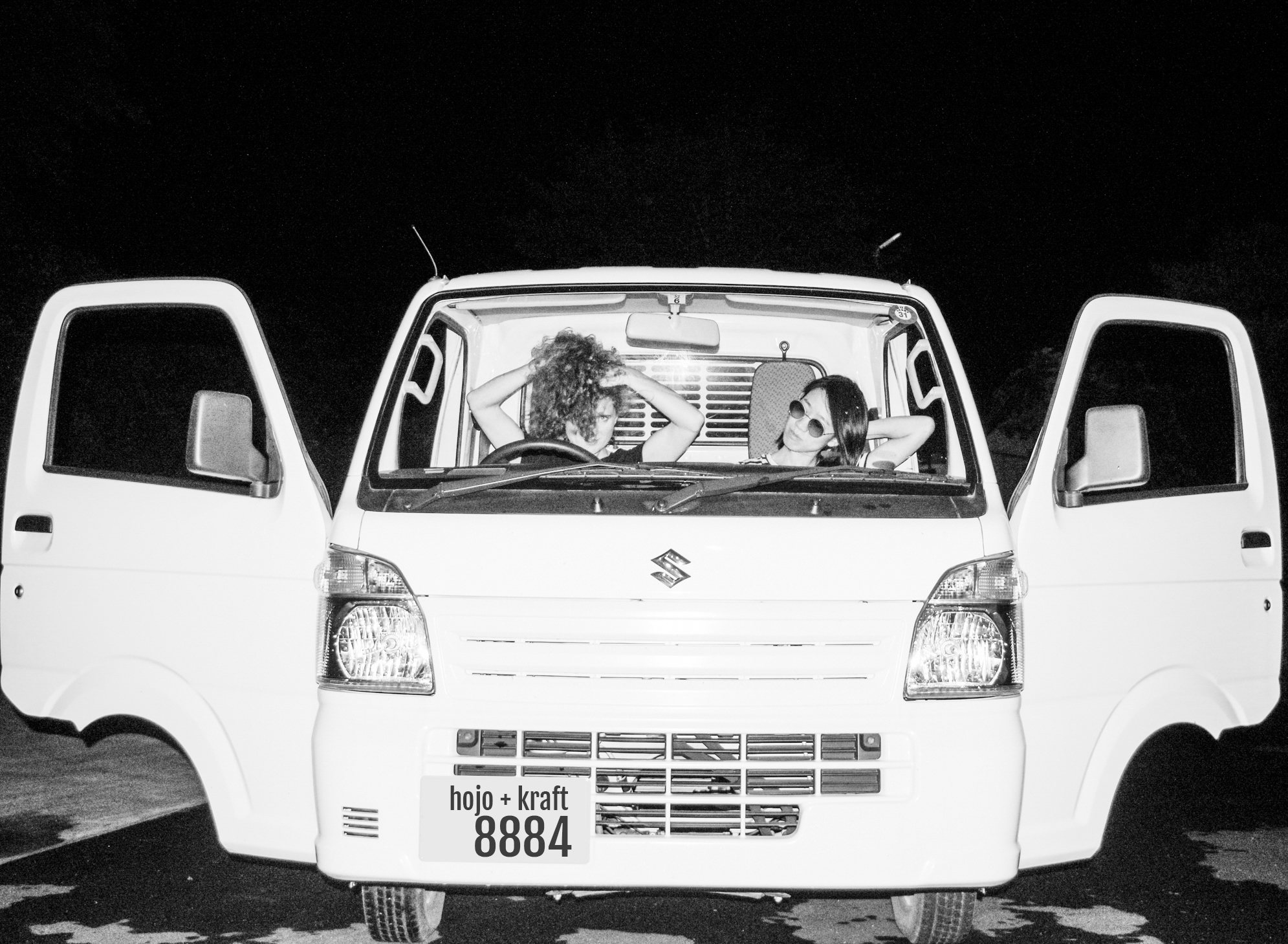Grass Eater Diary is inspired by the Japanese idiom ‘Michikusa Wo Kuu’ the origin of which is: a horse eats grass on the way to a destination and wastes its time. The grass-eater forgets about purpose, time and goals and just ambles around, observing, smelling, thinking–consciously or unconsciously. The green, juicy grass is an image for pleasure and contemplation, a state of luxury in a childhood mind.
This state is neither wanted nor needed in capitalist societies and already suppressed in childhood by negative idioms to make clear that one needs goals and time is money. In Grass Eater Diary, artists Tomoko Hojo + Rahel Kraft have transformed the image of the eating horse which is constantly moving or pausing at a very slow speed into a sound walk on headphones. You can experience stillness and movement at the same time to tune into your surroundings and make fresh connections.
This piece was originally made for the 2019 Nakanojo Biennnale in the Japanese town of Nakanojo, where the entire creation process took place. The piece is influenced and characterized by this environment. The sound walk begins near a foot bath and continues to a playground with benches under a green canopy, then down the stairs to a river path and a rice field with a small hut that serves only to shelter the resting people. The temporary artist studio was in one of the many primary schools that were closed due to the depopulation of this rural mountain area.
Many of the instrumental sounds come from an abandoned music room, where everything still was in place as if lessons would start the next day. Hojo and Kraft also held a workshop to record the local festival song ‘Tori Oi’ (means keep birds away), which became one of the central motifs of the composition.


